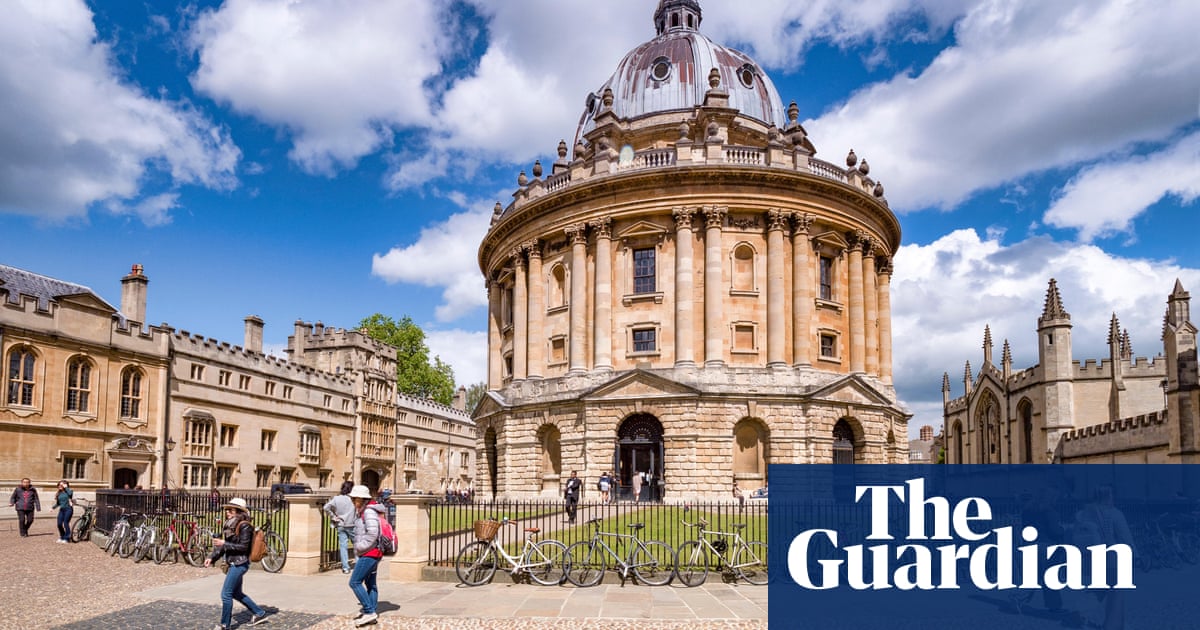
A rise in the use of food banks and an increase in family disputes requiring mediation has been seen across most of England, according to new research that uncovers the pressures on families during the Covid crisis.
Most local councils in England have also reported increased numbers of people needing help for homelessness, with warnings that many poorer households will face “disaster” unless emergency support is extended well beyond the pandemic.
More than nine in 10 district councils, which represent cities, towns and urban areas across England, have reported an increase in food bank use in the past year. Two-thirds reported an increase in mediations in family breakdowns.
Many also saw a rise in demand for help in dealing with disputes between landlords and tenants, according to a survey by the District Councils’ Network (DCN). It has prompted concerns that the evictions ban, put in place during the pandemic and recently extended, is not giving vulnerable households complete protection.
During 2020-21, 85% of English councils said they had seen an increase in claims from homeless households for temporary accommodation, while almost all councils (93%) had seen an increase in demand for help with paying council tax.
The survey reveals that the many pressures on vulnerable households created by the pandemic are also having a knock-on impact on local authorities, many of which were nearing breaking point even before the Covid crisis emerged.
There have already been concerns that almost half a million private tenants who pay more than half their income on rent could be at risk of eviction when the ban ends. Senior figures across local authorities are worried that a further crisis in rough sleeping will emerge when the eviction ban ends at the end of May. Nearly three-quarters of councils anticipate a rise in rough sleeping, and almost nine in 10 districts expect an increase in homelessness.
Some parts of England saw dramatic increases in food bank use during the pandemic. In Bradford, three times as much food was distributed from 21 sites during the peak of the demand, compared to pre-Covid levels. Other recent research has suggested that one in five UK schools have set up a food bank since the start of the pandemic. More than a third of teachers said their school delivered food parcels to pupils’ homes.
Councils, including the DCN which represents 187 district councils in England, are calling for an increase in the local housing allowance, which is used to calculate the amount of housing benefit tenants can claim. They are also warning that extra council tax support and extra grants may be needed, with council tax increasing across England this year and unemployment set to rise.
Giles Archibald, the leader of South Lakeland district council and the DCN’s Better Lives spokesperson, warned that the survey findings revealed “the devastating toll of coronavirus on households who have struggled to pay the bills, put food on the table, and keep a roof over their heads”.
“The government has stepped in and provided much-needed additional support for families,” he said. “But while this has been welcome, there are serious concerns that if many measures do not continue, many families will be unable to get by. District councils, who have been on the frontline fighting coronavirus, will continue to do everything they can to support households facing hardship.
“However, this needs to be backed up with the continuation of many welfare measures brought in during the pandemic, and support for councils to lead the local effort to create jobs and support families across our towns and cities. Without this many families could face disaster.”












